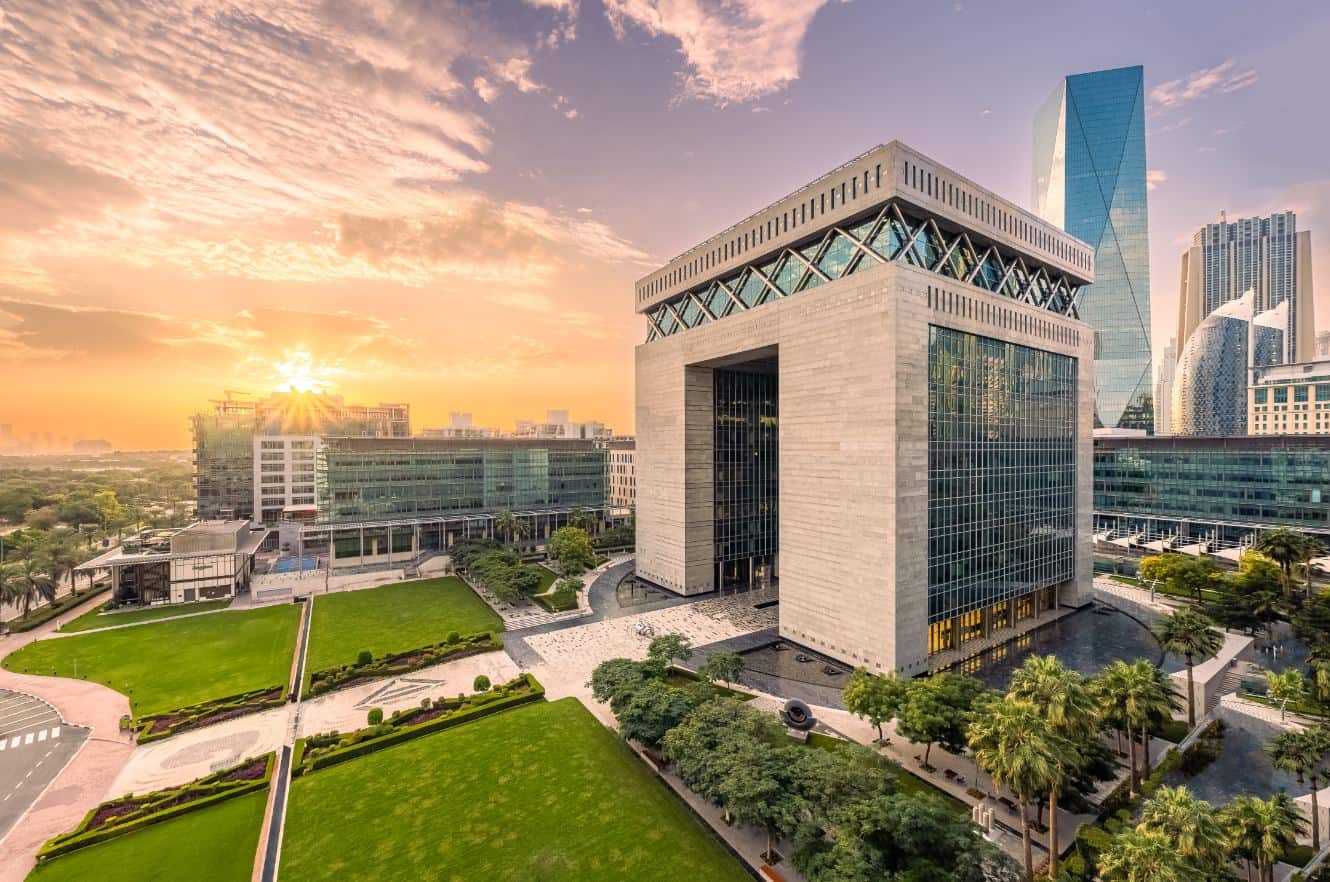The GCC region is witnessing an increase in adoption of open banking system. The previous year saw preliminary concepts and regulatory discussions for open banking deployment, whereas implementation plans are being put in place this year, with regulators driving the market.
The Dubai International Financial Centre (DIFC), for example, recently chose Tarabut Gateway, an open banking platform in the Middle East and North Africa (MENA) region with a market presence in Bahrain, the UAE, and Saudi Arabia, as its preferred technical platform partner for its new Open Finance Lab.
Tarabut Gateway is the first and largest open banking platform in MENA and a licensed Account Information Service (AIS) and Payment Initiation Service (PIS) provider in multiple jurisdictions. Recently, they obtained the first open banking license ever issued in the UAE, making them the first open banking platform regulated by the Dubai Financial Services Authority (DFSA).
According to Abdulla Almoayed, Chief Executive Officer of Tarabut Gateway, the platform works in a large collaborative network of regional banks and fintech to deliver open banking solutions. Their focus currently lies in providing connectivity, data enrichment & insights, and payment initiation solutions.
“We offer a universal API functioning as plug-and-play infrastructure to which banks, fintech, and third-party service providers (TPPs) can easily connect. Thus, we enable our partners to build new innovative financial products and services by obtaining consent from end-users to access their financial information”, he added.
What is open banking system?
Almoayed explained to TRENDS the concept of open banking systems.
He said that open banking specifically uses the power of consensual data-sharing, standardized API building blocks, and rapid communication between financial entities to provide improved products and services. It contrasts with the traditional, insulated approach to business – common in traditional banking.
“With open banking, banks can improve customer experience, collaborate with fintech to build new products and services, and expand their distribution channels.”
He went on to say that traditional banking still primarily offers its customers a “one size fits all” set of products and services; however, customers today are expecting experiences similar to those offered by Netflix and Amazon, where recommendations are made based on their personal interests, and user journeys are crafted to be more intuitive.
Thus, open banking aims to place the customer experience at the heart of financial services, enabling the personalization of financial products with more flexibility, transparency, security, and velocity. It also hands consumers the ownership of their data and ensures that financial service providers offer the right products for their requirements. This makes consumers the ultimate beneficiaries of open banking as they benefit from an improved user experience and a wider, more personalized selection of products and services – available at competitive prices.
For instance, when a customer makes a payment using an open banking solution, the payment is processed via the customer’s banking app for stronger authentication, usually with biometrics. This eliminates the need – when transacting with merchants or other third parties in an open banking environment – to share card details or other sensitive information, thus reducing the risk of fraud or card details theft. This means consumers will be able to complete transactions faster and more securely.
Working closely with regulators, Tarabut Gateway sits at the sector’s junction. Thus, they provide the tools for data to flow between all parties of the fintech ecosystem, thus supporting sector growth. Open banking aims to improve consumer financial wellbeing and experience using digital financial products and services.
Almoayed said that the next step in the fintech evolution is the transition to ‘open finance,’ which integrates more areas of traditional finance into a fintech-enabled and open data ecosystem. A great example of this is their latest partnership with DIFC to launch the Open Finance Lab, a testbed for companies to explore this emerging area of fintech.
Economic and financial advantages
Tarabut Gateway’s platform-agnostic solutions, according to Almoayed, enable traditional financial institutions and fintech to connect and build their apps on top of the platform, offering payment services, digital wallets, and a variety of other use cases.
Another critical feature is the unified and simple-to-use developer site, which reduces the cost of product development and thereby fosters fintech innovation.
He also stated that the Open Finance Lab would be a live testbed for demonstrating open finance’s positive impact on businesses, customers, and the whole economy through use cases, implementation, and live demonstrations. It will also include a session for regulators, banks, fintech, and TPPs to learn and engage.
Expectations
Almoayed argues that the region is still in the early stages of leveraging the benefits of open banking.
While Western economies, mainly the UK and the US, have been early adopters of open banking laws, the Middle East learns quickly. As a result, it can exploit the Gulf states’ young and tech-savvy populations to surge ahead during the next stage of development potential.
However, all of this is dependent on active regulation. One requirement for the sector’s growth is facilitating open data flows. Additionally, regulatory barriers and rising costs must be removed for fintech-powered payment solutions to be feasible and financially sustainable.
Fortunately, governments in the MENA region have demonstrated commendable initiative in recent years. For example, as part of the Kingdom’s Vision 2030 modernization policy, Saudi Arabia is swiftly building its domestic fintech ecosystem by passing visionary legislation allowing banks and conventional financial data custodians to share information with consumer approval. The UAE has also been regulating and investing in fintech technologies, while Bahrain was the first country in 2019 to implement an open banking system. Government measures are also taking shape in Oman and Egypt.
We anticipate that open banking will be at the forefront of MENA’s rapid fintech development, with Tarabut Gateway providing critical infrastructure for this exciting sector.








